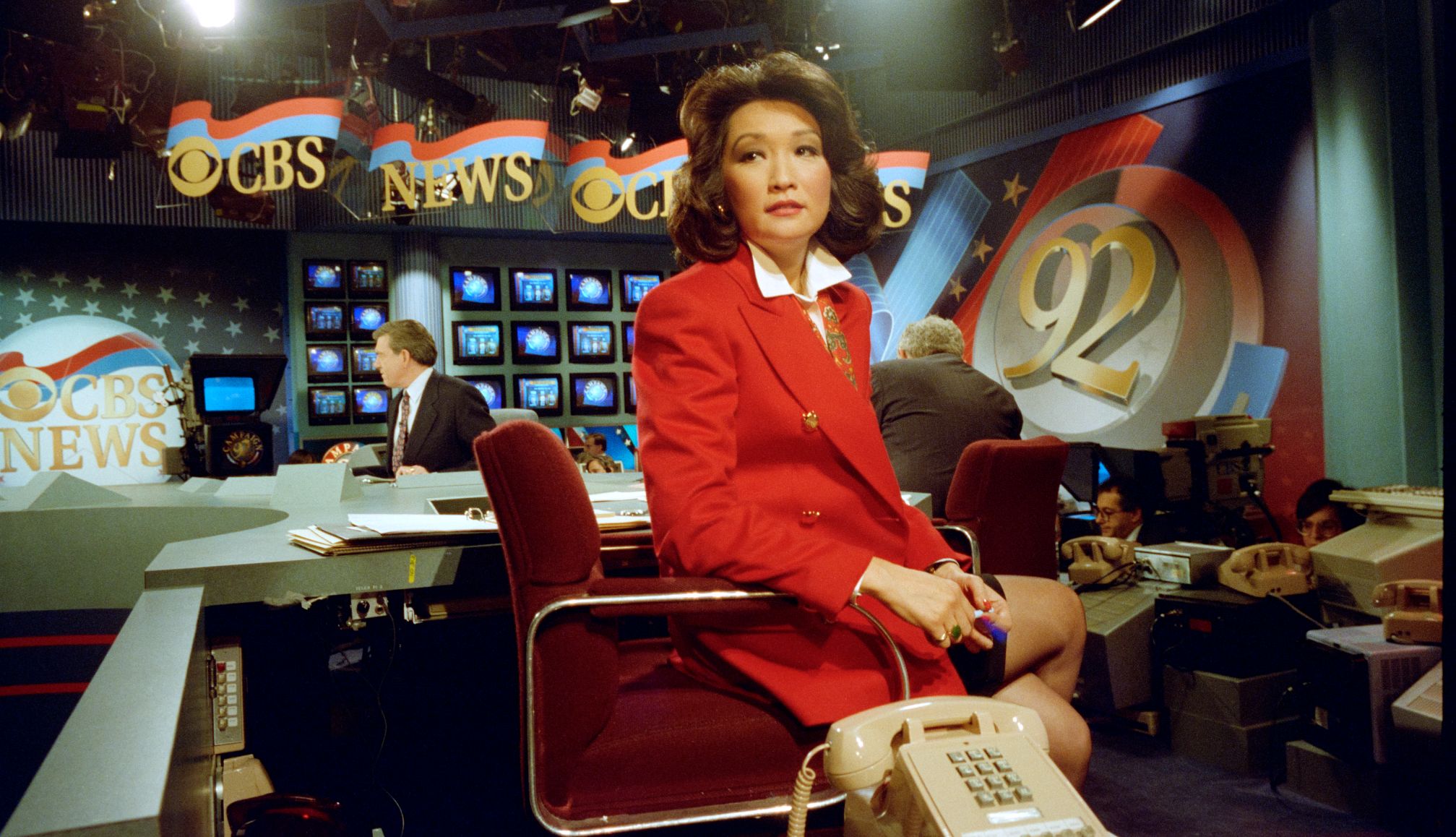
- Select a language for the TTS:
- UK English Female
- UK English Male
- US English Female
- US English Male
- Australian Female
- Australian Male
- Language selected: (auto detect) - EN
Play all audios:
Aspiring women writers at _Newsweek_ magazine, including my future sister-in-law, Lynn Povich [the journalist Maury Povich’s younger sister], took advantage of this new opportunity to
redress inequities in their workplace. They were fed up with being relegated to jobs as researchers while men with the same experience were hired as writers, reporters, and editors — and,
of course, paid more. As researchers, the women gathered the information only to turn their hard work over to the men who would write the stories. The most frustrating barrier for Lynn and
the other women was that they were barred from ever being promoted. In March 1970, Lynn and her fellow researchers met secretly in the ladies’ room, hired a lawyer, and filed a class-action
complaint with the EEOC. The sixty women who signed the complaint won a huge victory that ultimately led to Lynn’s hiring as _Newsweek_’s first female senior editor in 1975. She later wrote
a book, _The Good Girls Revolt_, about the groundbreaking _Newsweek_ case. Women at _Time_, _Fortune_, and _Sports Illustrated_ followed _Newsweek_’s lead, filing complaints the same year.
Widespread news coverage goaded companies across all industries to rectify years of discrimination against women in the workplace. Even on Capitol Hill, the stodgy U.S. Senate upended a
150-year tradition and hired women as Senate pages for the first time since the 1820s. CBS News executives knew they needed to bow to civil rights groups and women’s pressure groups.
Washington Bureau Chief Bill Small was one of the first to take preemptive action. Bill was a tall man with a quiet voice and hunched shoulders. His posture reminded me of a popular
television host from my youth, Ed Sullivan. I was nervous as I arrived at his office with my résumé. But I shook it off with my spunky attitude:
“Yes-I-don’t-have-a-lot-of-experience-but-I-learn-quickly.” Small asked me to write a short newscast to deliver from a tiny studio. Emerging after my momentous audition, I found him laughing
out loud, guffawing at my amateurish delivery. Despite that, he hired me. I don’t know how that was possible, but I was one happy person. If this job turned out to be the one and only job I
ever had, I would be just fine. I had hit the jackpot. At about the same time, CBS News diversified in one fell swoop, quickly hiring three other women in every permutation and combination:
Michele Clark, who was African American, based in Chicago; Lesley Stahl [the now longtime _60 Minutes_ correspondent] joined me in D.C.; and Sylvia Chase [who went on to become a mainstay
_20/20_ correspondent] in New York. We were a quartet of “affirmative action babies,” as Lesley called us. Those old guard goats at CBS News probably thought, “Phew, we are _done_.” Indeed,
it wasn’t until a full decade later that CBS hired another new wave of female on-air reporters. Chung covered first daughter Tricia Nixon’s wedding at the White House Rose Garden in June
1971. Courtesy Connie Chung For me, every day was a test. Would I measure up? My being a woman was a bigger challenge than my race. I wanted to be accepted and treated just like my male
colleagues when we all covered the male-dominated world of politics at the White House, Capitol Hill, the Pentagon, and the State Department. Everywhere I looked, there were men. Since I
wanted to fit in, I _became_ one of them. In my mind, I could walk like them, talk like them, and be as tough as they. Why should I perceive myself differently? How did the women who’d
preceded me navigate the boys’ club? It was complicated for me; I couldn’t imagine what it was like for them. Still, it never occurred to me to call them and ask for their wisdom. I admired
Barbara Walters; NBC’s Pauline Frederick, the premier United Nations correspondent; ABC’s Marlene Sanders; and Nancy Dickerson, the first female correspondent at CBS News. But who had the
time? I assumed they were overloaded doing _their_ all-consuming jobs. I myself was overwhelmed, trying to keep my head above water. I was on the job only five days when I made my first
appearance on the _CBS Evening News_ _with Walter Cronkite_. It was October 15, 1971. I was sent to cover a congressional hearing that was not expected to be newsworthy. The surgeon general
had recommended using phosphate detergent even though it would pollute the environment. But at the hearing, his subordinate dropped a surprise on his boss, directly contradicting him. That
was news.